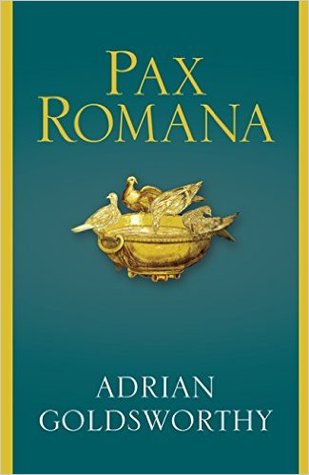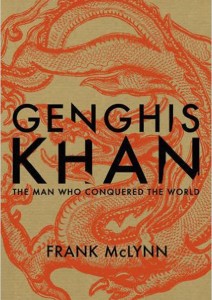 I once read the criticism of Adrian Goldsworthy that he has a tendency to just report facts and evidence without adding much in the way of interpretation or conclusion. And that is sort of true of this book, but like Philip Parker’s The Empire Stops Here it covers such an area and such a time period that it is hard to criticise the book for lacking a grand conclusion.
I once read the criticism of Adrian Goldsworthy that he has a tendency to just report facts and evidence without adding much in the way of interpretation or conclusion. And that is sort of true of this book, but like Philip Parker’s The Empire Stops Here it covers such an area and such a time period that it is hard to criticise the book for lacking a grand conclusion.
The two books actually cover some similar ground but Goldsworthy records some of the attitudes and experiences of the Roman empire (both as the Republic and fully fledged empire), while Parker seemed more concerned by the physical geography of the empire. There’s nothing hugely new, but it’s a well written summary of how the Romans operated – economically, their laws, their taxes – and how parts of the empire were integrated in so successfully. There’s not much narrative, and some material is a little dry, but the explanations are clear and well written. His comparison of banditry to car crashes does linger in the mind – an ever present danger, but one that would easily be risked by most people.
The author largely suspends judgement on the morality or success of the empire, but does describe the brutality of Roman repression and that a push for security (as opposed to prosperity) was the main driving factor of the empire’s operation. It’s not exactly a damning condemnation of the empire, but neither is it much of an endorsement. It’s not state of the art academia, but Adrian Goldsworthy has written an interesting and relatively accessible book on a wide ranging and often complex topic.
 First off, I enjoyed Frank McLynn’s biography of
First off, I enjoyed Frank McLynn’s biography of